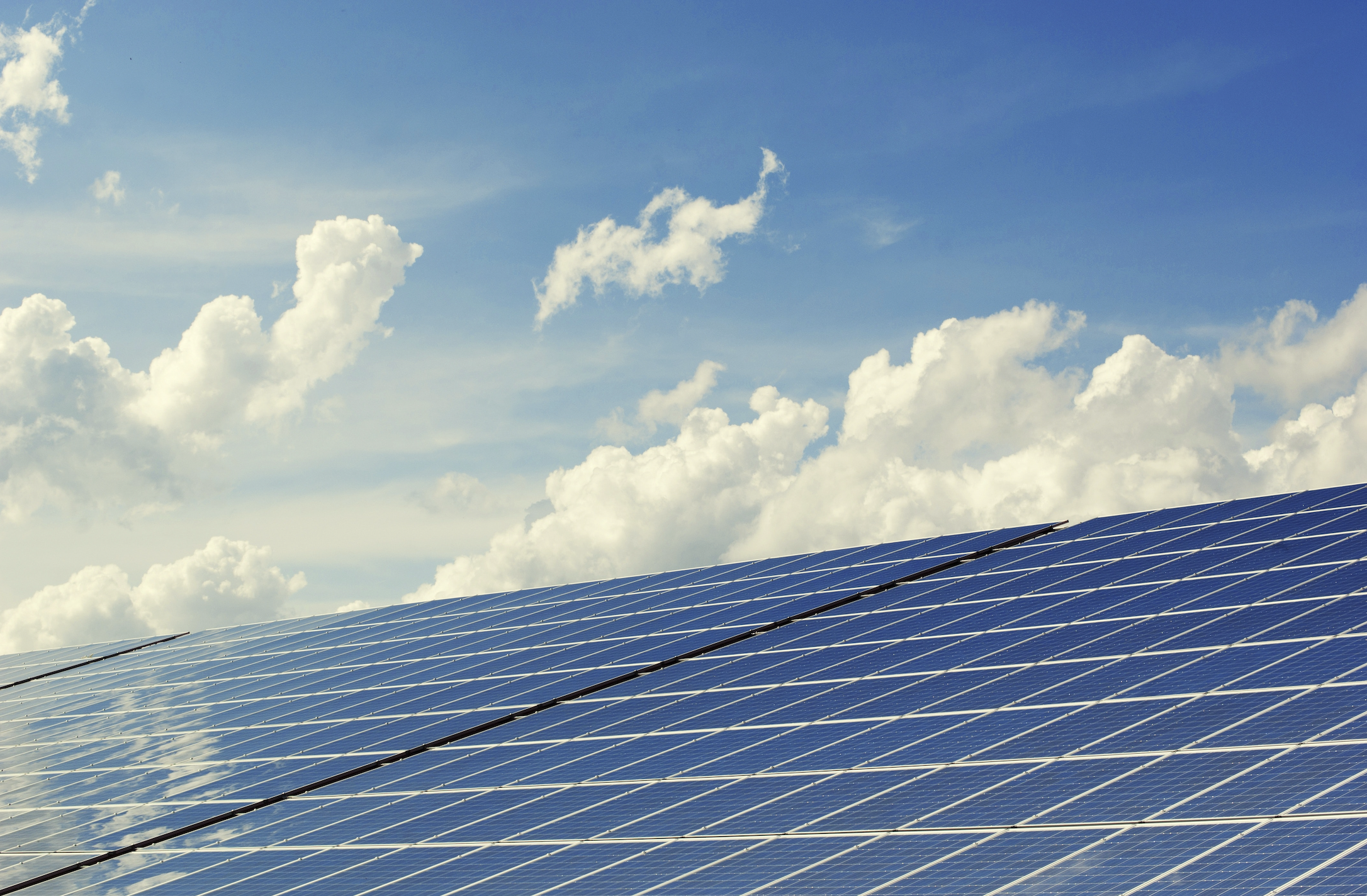
Deciding whether to install solar panels in your home can be a tough decision. As utility rates can be costly and communities encourage the adoption of more eco-friendly practices, homeowners look for alternative energy options. Solar energy is one alternative that can help lower annual utility costs and benefit the environment. Before investing in this update to your home, you may ask, does installing solar panels increase home value? This blog will dive into the cost of installing solar panels and help you decide if it is the right fit for your home.
Upfront Cost and Installation
The initial cost of installing solar panels ranges from approximately $17,000 to $33,000. However, the physical solar panels only make up a fraction of this cost. Ongoing maintenance and additional equipment, like inverters and solar batteries, make up the remaining cost of the solar panel system. Keep in mind that this price range varies depending on the brand and the retailer you select.
Over time, the benefits of solar panels make this home addition more appealing. The Solar Energy Industries Association reports that the average cost of a residential solar panel system has dropped by an annual average of more than 60 percent over the past decade. This has led more homeowners towards installing solar panels in recent years.
Saving Money on Electric Bills
The most common reason why homeowners consider adding solar panels is to reduce their electric bills. Rocket Homes Research gathered that 90.7% of homeowners are interested in adding solar to reduce their monthly expenses. Solar panels use energy from the sun, not expensive fossil fuels. Using solar allows homeowners to reduce their electricity bills as much as 8 times. Use this online calculator to estimate how much money you may save on your electric bills after installing solar panels.
When considering the cost of installation, it is also important to factor in the recently approved federal incentives available to homeowners making clean energy improvements such as installing rooftop solar panels. Thanks to the extension of energy-related tax breaks that are part of the Residential Clean Energy Credit, taxpayers with solar (and other approved clean energy equipment) installed can recoup as much as 30 percent of the cost in the form of a federal tax credit.
The Location Factor for Solar Energy
When solar panels are installed, they generate energy from the sun to support and run electricity to the home. This is in lieu of purchasing electricity from the local utility company. Essentially, the more exposure to sunshine, the more electricity generated!
Given this factor, location and set-up are important factors to take into account. For example, homes in states such as Arizona and Nevada can produce more solar energy than Washington and Oregon. Regions with a lot of sunshine offer more appeal to homeowners considering jumping on the solar panel bandwagon.
It’s also important to consider the specific location of your home and its surrounding landscape. Solar panels and large trees are not a good combination. Large tree branches and leaves offer nice shade, but may block sunlight from hitting your roof, which can limit the production of clean energy. The direction of your roof and positioning of solar panels is also vital to maximize the production of energy. Placing solar panels on the southwest side of your roof is most productive because it receives more energy from the sun in this position.
In addition to federal incentives noted earlier, many states offer additional clean energy tax incentives and solar rebate programs. In particular, Arizona offers a 100 percent tax exemption when purchasing eligible equipment.
If you are interested in exploring the options for residential solar panels, it is best to schedule a consultation with a local company to come out and assess your home.
Solar Panels Increasing Home Value
According to a research study done by Zillow, installing solar panels in a home may increase a home’s value by up to 4.1 percent or an additional $9,274 based on the median-valued home in the U.S. Homes with solar-energy systems typically sell for a higher purchase price than those without because it provides substantial future energy cost savings for the future homeowner. Homeowners that are concerned with long term utility costs and/or have an interest in more sustainable practice, recognize the value of spending more money upfront. According to the Zillow Group Consumer Housing Trends Report in 2019, more than 80 percent of home buyers say energy-efficient features are important when shopping for a home.
Ultimately, solar energy is not suitable for every homeowner. However, if your home is in the right location and you experience high energy bills, then you might generate significant savings with solar energy. For more information on energy-efficient home features, check out this blog post.
Landmark Title offers resources and information that is helpful during the home buying process, and we are here to navigate the escrow and title to ensure a smooth closing. Contact us with any questions and to learn more about our services and expertise.